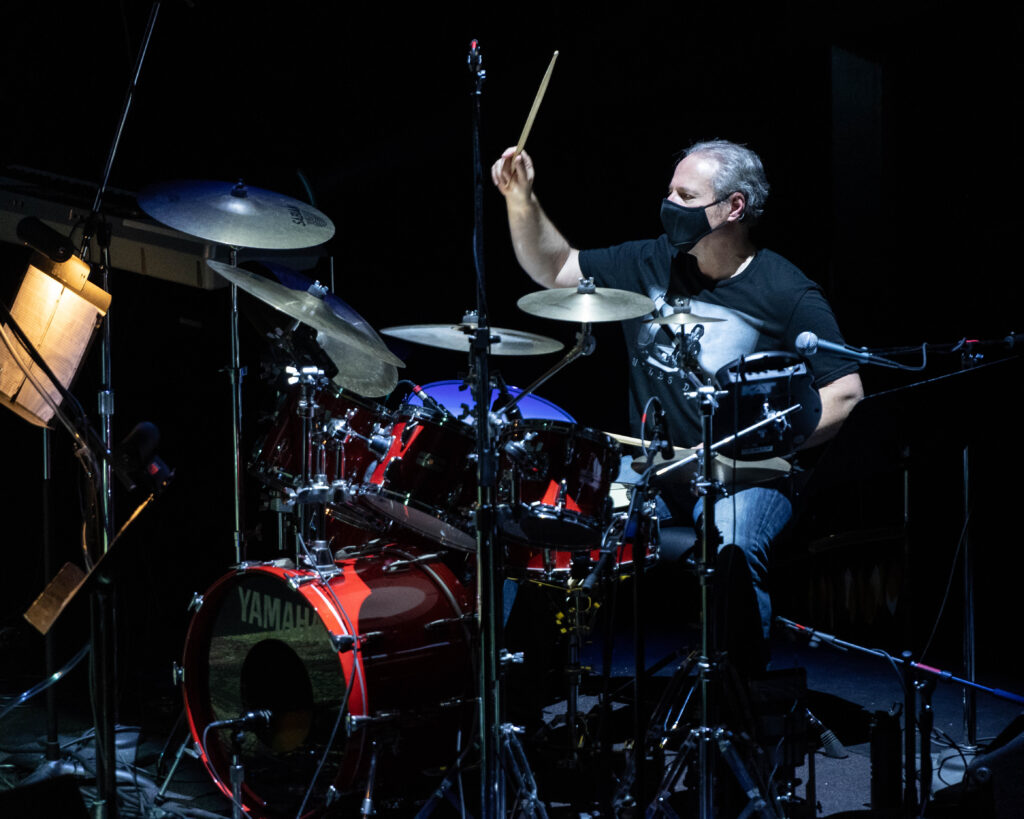Questions, reality, and musings on a life of joy and wonder
Vol. 1, No. 11
November 12, 2021
Problem Solving
By Rich Holly
More and more I’m finding myself in meetings where I’m being asked “What have you and your colleagues learned from the pandemic?” Just last week there was another opportunity for an engaged and supportive alumnus to ask me that. And time and time again I give essentially the same answer.
While I’m sure I haven’t used identical words in each of those responses, they all have essentially pointed to this:
Problem Solving.
Hey, we’re creatives, right? So, we should be great at problem solving, right? Okay, sure. But we’re also human and therefore experience stress, anxiety, confusion, and so forth. And those feelings – of which we’ve had an overabundance the past 20 months – can bring our creativity to a grinding halt. I would also say that when I’m busier than I want to be my creativity tends to get shelved, and you may find that for yourself as well.
Several years ago I discovered what it is that can get me out of my non-creative and perhaps even frustrating times, yet, being human, all too often I don’t remind myself of this frequently enough.
What gets me out of non-creative times and increases my problem-solving juices? Reminding myself to think like a consultant. Don’t take things personally. Make believe you’re being hired for an outside opinion or delivery of an experience based on your well-recognized expertise.
Let’s all take a few minutes and enjoy how Paul Simon has told millions of people how to solve a common problem:
For five years in my youth, ages 12 through 16, I believed I wanted to be an architect for my career (around age 16 ½ is when I realized I needed and wanted to be a professional musician, having begun playing and learning music at age 6). For those five years I went through ream after ream of paper, drawing buildings and floor plans, particularly of buildings I had been in and didn’t like the way they were designed. No joke, I bet I drew well more than 100 versions of my junior high school, since the layout was (and still is!) really nutty. I also think having to pack drums and amplifiers and keyboards and guitars and PA systems into a variety of vehicles was a great education in problem solving. You, too, might be able to look back and realize you had experiences as a youngster that gave you problem-solving acumen.

In recent years, the phrase and practice of “design thinking” has become popular and there are several best-seller books on the subject. Here is one article that provides at least a bit of an introduction if you’re not yet familiar with this. I had the pleasure about 10 years ago to get to know and work with one of the creators of “human architecture” – the practice of designing a building, in which the design team includes several building users rather than consisting solely of trained designers and architects.
In my experience, great designers ask a LOT of questions. Former students of mine and readers of my first book know that I am a strong proponent of asking yourself question after question during your practice sessions. And the entire purpose behind asking yourself those questions is to (you guessed it) be better at problem solving.
Actors are looking to solve problems in terms of movement, speech patterns and dialects, facial expressions, and so on. Dancers are looking to solve problems in terms of mobility, strength, agility, kinesthesia. Musicians are looking to solve problems in terms of pitch, intonation, tone, style, feel. And so on, and so on. And, of course, as artists we have to make it through life just as any non-artist does, and thus we need to solve problems related to transportation, housing, food, relaxation, entertainment, relationships, etc.
In other words, artists are pretty much problem solvers day in and day out.
One point that I do want to emphasize is to please – please – do not let problems make you angry. I have known countless musicians who utter curse words frequently during practice sessions. If you know you do that or something like that, I urge you to turn that around and think of problems as opportunities for improvement. When something goes awry in your art-making and practicing, stop and ask yourself several questions to help get to the root of the problem and find solutions. And it’s helpful to do the same when things go awry in other parts of your life.
Take a step back, become a consultant or designer and ask several questions of yourself, and then proceed. I think you’ll then find your problem solving to be more effective and will keep your creative juices flowing.
* * * * *
Rich Holly serves Arts NC State and the NC State University community as the Executive Director for the Arts.